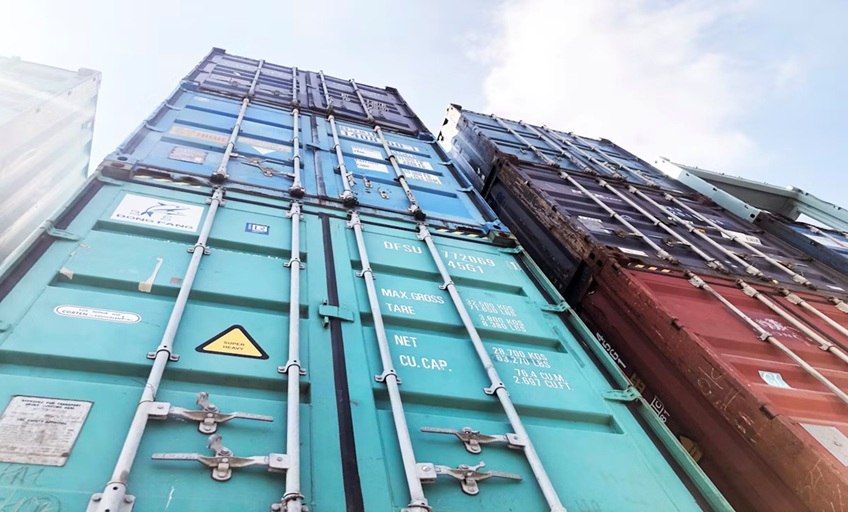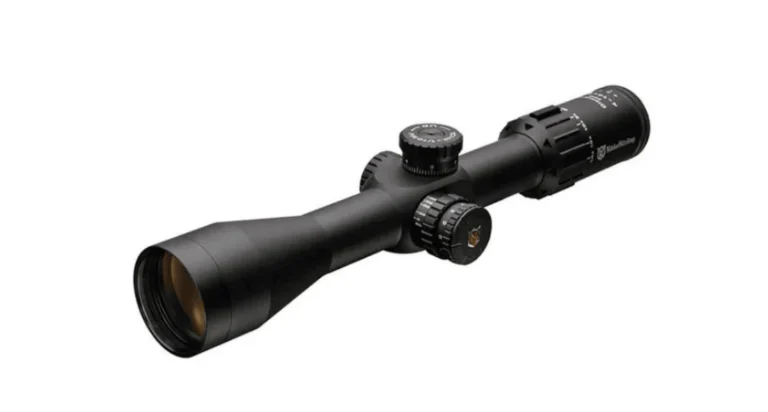Shipping containers are essential for businesses involved in transporting goods, whether locally or internationally. However, with a wide variety of options available, choosing the right shipping container for your specific business needs can be challenging. Factors such as cargo type, container size, durability, and cost all play a role in making this decision.
Here are five key points to help you decide which shipping container is the best for your business.
Understand Your Cargo Requirements
The first step in selecting a shipping container is understanding the nature of your cargo. Are you transporting perishable goods, heavy machinery, or delicate items? For example, refrigerated containers (reefers) are essential for transporting temperature-sensitive items like food and pharmaceuticals, while open-top containers are ideal for oversized or oddly shaped cargo.
Knowing the specific requirements of your goods ensures you choose a container that provides the necessary protection and functionality.
Compare Shipping Containers for Size and Features
Shipping containers come in various sizes, typically ranging from 20-foot to 40-foot options, with variations like high-cube containers offering extra height. You should compare shipping containers in sizes and features to finding the right fit for your business. If you frequently transport large volumes of goods, a 40-foot container might be more cost-effective, while smaller businesses may find a 20-foot container sufficient.
Additionally, consider features such as ventilation, insulation, or secure locking systems. Comparing these options ensures you select a container that meets your cargo’s needs while optimizing space and cost.
Evaluate Durability and Quality
The durability and quality of a shipping container are critical factors, especially for long-distance or international transportation. Containers made from high-quality materials, such as corrosion-resistant steel, are more likely to withstand harsh weather conditions and rough handling.
Inspect the container for signs of wear and tear, such as rust, dents, or structural damage, if you are purchasing used ones. A durable container not only protects your cargo but also offers long-term reliability, saving you money in the long run.
Consider Your Budget and Long-Term Costs
Cost is a significant consideration when selecting a shipping container. While new containers might have a higher upfront cost, they often require less maintenance compared to used ones. On the other hand, used containers can be a budget-friendly option for businesses with lower cargo volume or less frequent shipping needs.
Additionally, consider rental options if your business requires containers on a temporary basis. Balancing upfront costs with long-term expenses like repairs and maintenance ensures a cost-effective choice.
Think About Future Business Needs
Your business’s future growth and expansion should also influence your decision. If you plan to increase cargo volume or diversify the types of goods you ship, invest in versatile containers that can adapt to your evolving needs.
Modular or customizable containers might be a worthwhile investment for businesses expecting significant growth. Planning for the future ensures that your container choice continues to meet your business needs as they expand.
In conclusion, choosing the right shipping container for your business involves understanding your cargo requirements, comparing options, evaluating durability, considering costs, and planning for the future. By carefully assessing these factors, you can make an informed decision that supports your business’s success.











